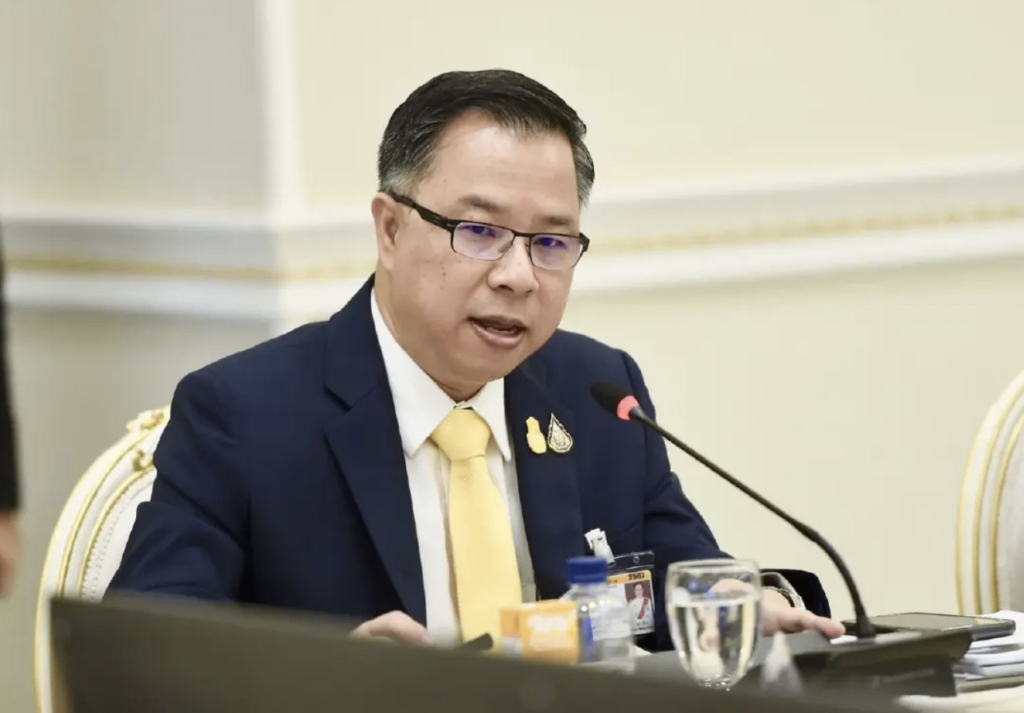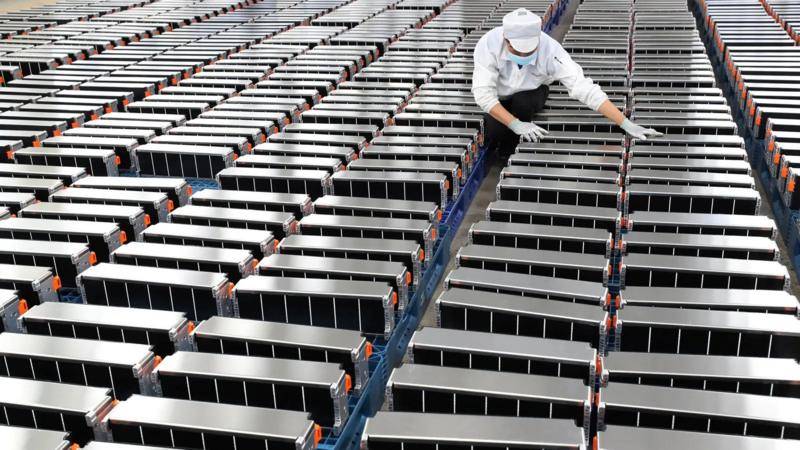Thai Electric Auto Industry meets Benefits
Thailand's approval of a special tax reduction scheme for commercial electric trucks and buses and cash grants for eligible electric vehicle battery producers will stimulate demand and strengthen its position as a hub in Southeast Asia.
On February 21st, the Thai National Electric Vehicle Policy Committee (EV Board) approved an incentive measure aimed at providing special tax reductions for enterprise users of electric trucks and buses, encouraging businesses to transition their commercial fleets of large trucks and buses to pure electric vehicles (BEVs), and providing cash subsidies for battery manufacturers.
Under the plan, enterprises purchasing domestically manufactured electric trucks and buses can deduct twice the vehicle purchase price from their taxes, while those purchasing imported vehicles of the same type can deduct 1.5 times the purchase price, with no upper limit on the amount. Vehicle types eligible for the incentive include container trucks, liquid trucks, hazardous material trucks, specialty trucks, trailers, and electric buses (both air-conditioned and open-air models). The measure will remain in effect until December 31, 2025.

Thanks to the full support from the government for the promotion of electric vehicles, Thailand is the largest automobile producer in Southeast Asia, with both automobile production and export volume ranking in the top ten globally.
In the electric vehicle (EV) sector, Thailand is the first country in the region to provide special incentives to both supply and demand sides. Building upon the "30@30" policy, the government has set clear targets: by 2030, at least 30% of cars produced in Thailand will be electric vehicles, with an annual production capacity expected to reach 725,000 units.
In 2022, the Thai government officially launched electric vehicle support and price subsidy programs, aiming to maintain strong sales momentum while balancing the budget, albeit initially limited to passenger cars. According to data from the Thailand Board of Investment (BOI), this subsidy attracted investments from 14 pure electric vehicle manufacturers and importers, totaling 77 billion Thai baht (approximately 2.2 billion USD).
Narit Therdsteerasukdi, Secretary-General of BOI, stated: "The newly approved incentives extend previous support measures to all areas of electric vehicles, complementing the EV 3 and EV 3.5 plans. This will significantly increase the adoption of electric trucks and buses, reduce pollution in transportation and manufacturing industries, and support businesses in achieving net-zero emissions goals."

In addition to the aforementioned subsidies, BOI has also approved a plan to promote local production of electric vehicle (EV) batteries and Energy Storage Systems (ESS). This plan encourages battery core manufacturers to establish production bases in Thailand and will provide financial support through the Competitiveness Enhancement Fund, the amount of which depends on the investment scale and the technology applied.
To qualify for investment promotion under this plan, companies must meet the following criteria:
- They must be leading manufacturers of electric vehicle batteries.
- They must have a clear production plan for electric vehicle storage batteries suitable for energy storage systems.
- The batteries must have high energy density, with a minimum of 150 watt-hours per kilogram.
- The battery cycle life must be at least 1000 cycles, and at a testing temperature of 20-25 degrees Celsius, calculated from 70% of nominal capacity, with a discharge depth of at least 80%.

Narit stated that the production of battery units is a crucial element of the supply chain, and this investment will ensure the sustainability and applicability of Thailand's electric vehicle ecosystem, solidifying Thailand's leading position in the Southeast Asian electric vehicle market.
The initiative plans to gather investment project proposals until 2027, and as for effectively managing domestic used batteries to meet safety standards and maximize economic benefits, the conference has designated the Electric Vehicle and Component Manufacturing Promotion Committee to conduct research to comprehensively manage used batteries in a scientifically sound manner.
·Original
Disclaimer: The views in this article are from the original Creator and do not represent the views or position of Hawk Insight. The content of the article is for reference, communication and learning only, and does not constitute investment advice. If it involves copyright issues, please contact us for deletion.